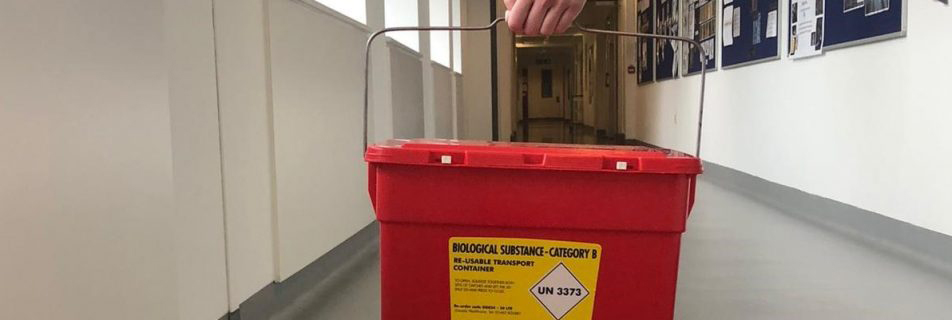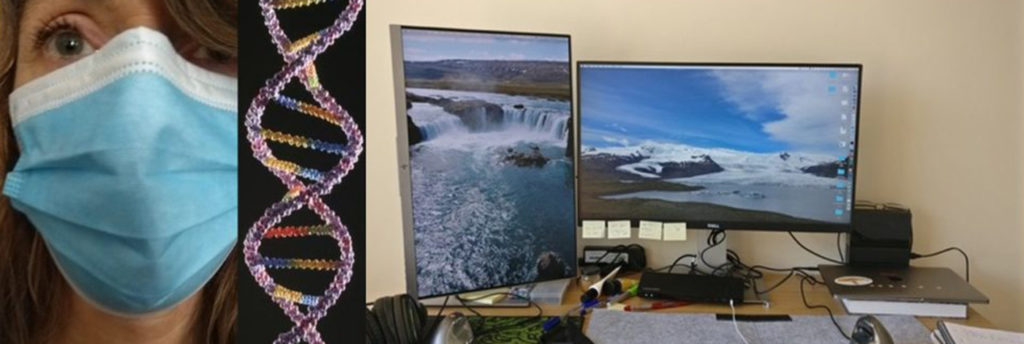From the Summit: what is the future vision of Patient Involvement?
The CRUK Grand Challenge Project Summit’s three-day programme was packed with the scientific advances all the participating groups are making and annual reviews of their achievements. Alongside the science, there were opportunities for meetings and networking allowing scientists to share knowledge and experience.
Reflecting the theme of this international collaboration, there was strong focus on public and patient involvement and engagement. Individual teams presented their efforts and strategies to stimulate discourse with a variety of audiences. Where does engagement start and what is involvement? Engagement of patients, their families and the public in the form of activities that open conversations about the fundaments of biological research is well developed.
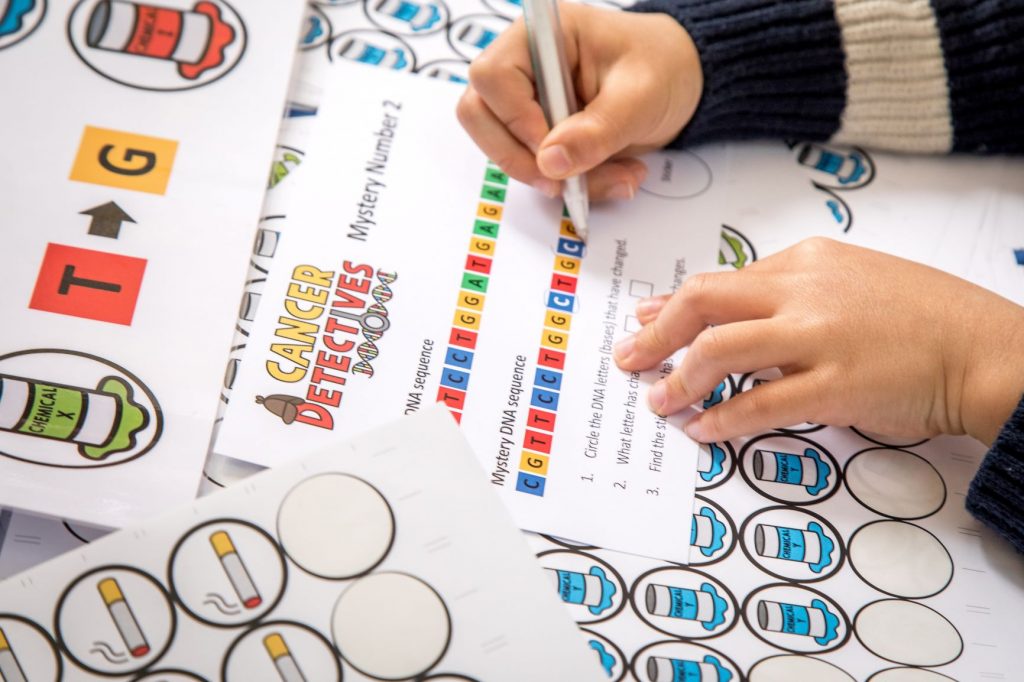
Involvement on the other hand, is perceived as one of the big challenges. In many cases, research is well under way by the time patient advocates join the team and a robust relationship with patients is built. Not all stages of the research projects are amenable to input from the public and sometimes contact with scientists is scarce.
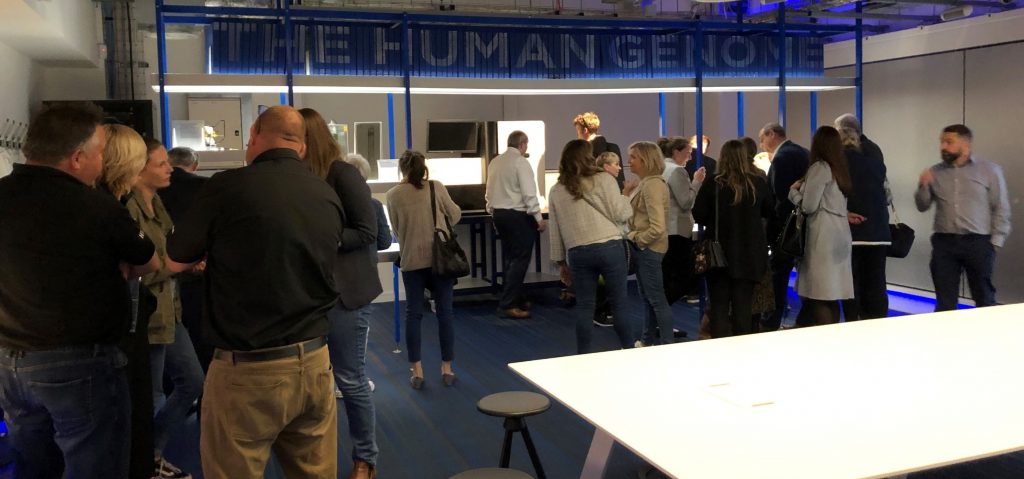
The presentations were followed by a workshop to share experiences and discuss how to improve engagement with the public and explore strategies to involve patients in the scientific process.
Lessons were shared and learned amongst the participants that led to a series of points to keep in mind when considering initiatives to engage the public and particularly patients. First of all it was stressed that this group of the public is not limited to patients directly affected by the disease but should include patient’s families and carers. Clinicians can also benefit from interaction with scientists leading the research, though this conversation would mostly aim at updates of new data and discoveries.
The importance of the language used was also stressed. This represents quite a conundrum because while it was highlighted that statements such as ‘we hope’, ‘it appears’, ‘we are trying’, etc; are deemed unhelpful, these phrases are embedded into the cautious speech of scientists. It’s not just a matter of modesty, it is also that research aims at precision and accuracy, so when referring to results it is almost unnatural to be definite about them, particularly if they stem from new data.
Much attention is given to the invaluable help provided by patient advocates whose passion for communicating patient’s needs and promoting the science informs the engagement efforts. In this context, much consideration was given to individual cultures and customs that impact people’s behaviour and influence their decisions. It is therefore paramount to include local people in the communication process, who are known within communities and have their trust. This will allow a much better flow of information, making sure that concepts, ideas, support and data are conveyed through effective outlets in an accessible way to reach and perhaps even influence particular communities.
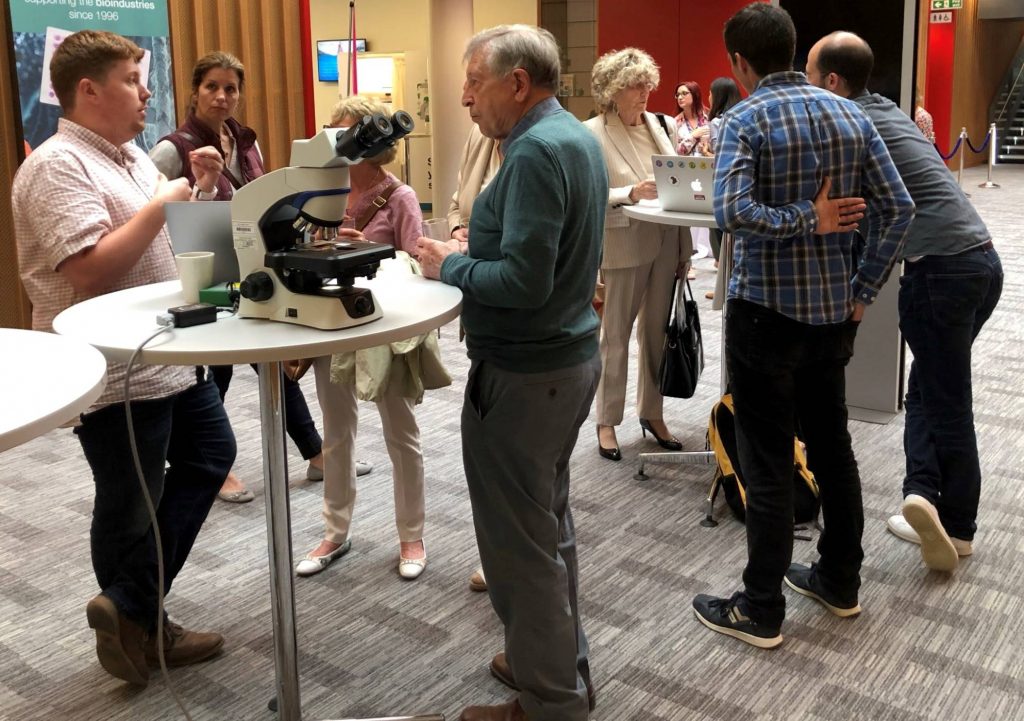
Our aim is to improve the interactions of patients and the general public with the research. Particularly since the long term goal is to identify causes leading to cancer that might be preventable, patient advocates will play a vital role in communicating the findings to our communities.
The increasingly global nature of research that includes international efforts to combat disease is leading the way towards a better understanding of the biology but also of the people being burdened by it.
- Read more about the CRUK Grand Challenge https://www.cancerresearchuk.org/funding-for-researchers/cancer-grand-challenges/about-grand-challenge
- Learn more about the science https://scienceblog.cancerresearchuk.org/series/grand-challenge/

